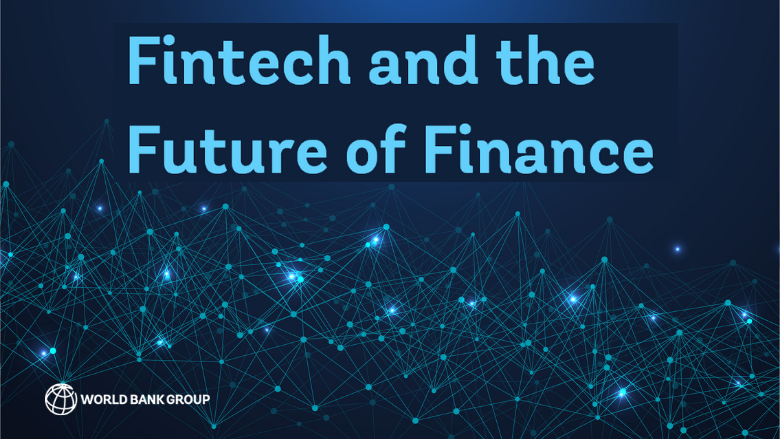
The World Bank released a free report the other day titled: FinTech and the Future of Finance. It’s an interesting read and I was going to summarise it, when I discovered on LinkedIn that my friend Richard Turrin had already done the job. Here you go:
“The World Bank” delivers a great read on fintech and I recommend it without hesitation.
The book is intended as “a useful guide for policymakers around the world as they seek to manage the long-standing risks and maximize the economic and social benefits of financial innovation.”
One question that needs to be answered is, why The World Bank? What’s their interest in fintech?
Their answer: “The World Bank has been supporting governments in adapting regulatory frameworks, modernizing systems and other financial infrastructure, and ensuring high standards of consumer protection. The International Finance Corporation has been investing in a diverse group of private sector fintech providers for over a decade, promoting the growth of responsible, inclusive finance providers that serve tens of millions of customers across global emerging markets.”
If that sounds sterile, it is. The World Bank is hardly the hotbed of fintech transformation but they recognize that change is required. You have to give them some credit for that!
Now here is my bit of controversy for the day. Whether we love or hate crypto, we have to give crypto credit for forcing the hand of institutions like the World Bank to change.
Without crypto, I think we wouldn’t see publications from the World Bank supportive of changes in the financial system. So we all owe crypto a debt of gratitude!
Look at the genuine fear of crypto for its potential to end "primacy" just as we saw in ECB reports:
“Some types of crypto-assets, notably global stablecoins, have the potential to attract broad public use as a means of payments, including in the decentralized finance (DeFi) ecosystems. In this context, public authorities are actively exploring issuing CBDCs. Widespread adoption of crypto-assets could challenge the primacy of public money with implications for, among other things, monetary policy and financial stability.”
And the solution is CBDC:
“It is perceived that a CBDC, being a digital version of fiat currency, could imbue public money with the necessary digital features and enable it to provide society with a safer, more efficient alternative while also promoting competition and innovation.”
Takeaways:
—Great read from the World Bank on fintech
—While the World Bank is likely to side with incumbents, I give them credit for recognizing that change is needed.
—We all owe crypto a debt of gratitude, whether we love it or hate it, as it is helping drive change
—Crypto strikes fear in the heart of the World Bank helping them support change!
You can download the full report here: https://www.worldbank.org/en/publication/fintech-and-the-future-of-finance
Chris M Skinner
Chris Skinner is best known as an independent commentator on the financial markets through his blog, TheFinanser.com, as author of the bestselling book Digital Bank, and Chair of the European networking forum the Financial Services Club. He has been voted one of the most influential people in banking by The Financial Brand (as well as one of the best blogs), a FinTech Titan (Next Bank), one of the Fintech Leaders you need to follow (City AM, Deluxe and Jax Finance), as well as one of the Top 40 most influential people in financial technology by the Wall Street Journal's Financial News. To learn more click here...

